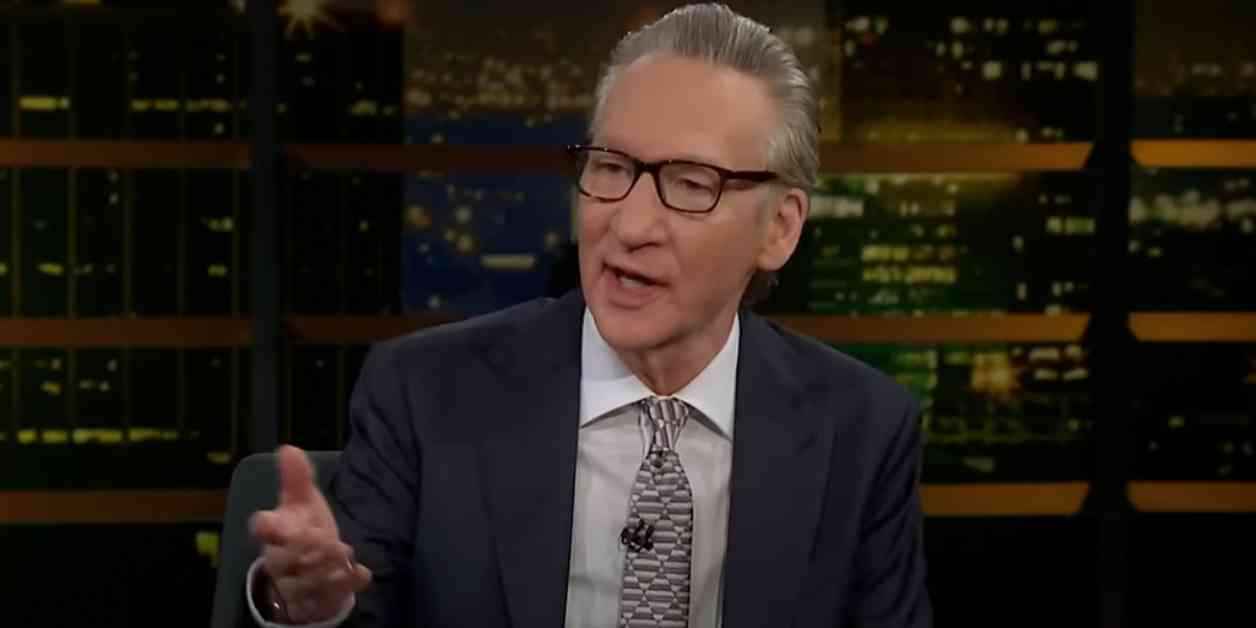Bill Maher Takes Aim at Democratic Leadership
Renowned HBO host Bill Maher recently made headlines for his scathing criticism of the Democratic Party’s new leadership. During his show “Real Time,” Maher took aim at the Democratic National Committee’s newly elected chair, Ken Martin, questioning whether the party is truly listening to the desires of voters.
Maher’s candid remarks shed light on a growing concern among Democrats and political observers alike. As the party seeks to regain support and momentum, Maher’s assessment of the current leadership’s shortcomings has sparked a crucial conversation about the party’s future direction.
Maher’s Blunt Assessment
In a candid exchange with MSNBC anchor Chris Hayes, Maher did not mince words when expressing his disappointment in the DNC’s choice of leadership. He criticized Ken Martin’s election, suggesting that it failed to signal a meaningful shift in the party’s approach to connecting with voters.
“I was not aware of who he was before. I did not think it got off to a great start because I think they need to completely reroute themselves, and I don’t think they did it,” Maher told Hayes, highlighting his skepticism about the party’s ability to resonate with the electorate.
Maher’s comments underscore a broader sentiment within the Democratic Party that calls for a more resonant and compelling message to engage voters effectively. As the party grapples with internal challenges and seeks to rebuild its appeal, Maher’s critique serves as a poignant reminder of the importance of aligning with the concerns and priorities of the electorate.
A Call for Reevaluation
Throughout his program, Maher continued to challenge the Democratic Party’s messaging and priorities. He pointed out that the party’s emphasis on issues like abortion, LGBTQ rights, and climate change may not fully reflect the broader concerns of voters.
“To me, as a voter, my issues were democracy and the environment,” Maher emphasized, drawing attention to the disconnect between the party’s platform and the issues that resonate most with the electorate. By highlighting this misalignment, Maher urged Democrats to reassess their approach and refocus on the issues that matter most to voters.
As Maher delved deeper into the party’s perceived shortcomings, he underscored the need for a more nuanced and inclusive message that addresses a broader spectrum of concerns. By acknowledging the electorate’s diverse priorities, Maher’s critique serves as a wake-up call for the Democratic Party to realign its messaging and engage with voters in a more impactful and meaningful way.
The Path Forward
As Democrats navigate a complex political landscape and seek to rebuild trust with voters, Maher’s critique offers valuable insights into the challenges and opportunities facing the party. By urging a reevaluation of messaging and priorities, Maher advocates for a more responsive and inclusive approach that resonates with a broad cross-section of the electorate.
As the Democratic Party looks to the future, Maher’s critique serves as a reminder of the importance of listening to voters, addressing their concerns, and crafting a compelling message that reflects their values and aspirations. By heeding Maher’s call for introspection and recalibration, Democrats have an opportunity to forge a path forward that speaks to the hearts and minds of the American people.
In conclusion, Bill Maher’s critique of the Democratic Party’s leadership underscores the need for a more cohesive and compelling message that resonates with voters. As Democrats strive to regain support and momentum, Maher’s assessment serves as a crucial wake-up call for the party to listen, learn, and evolve in response to the changing political landscape.


